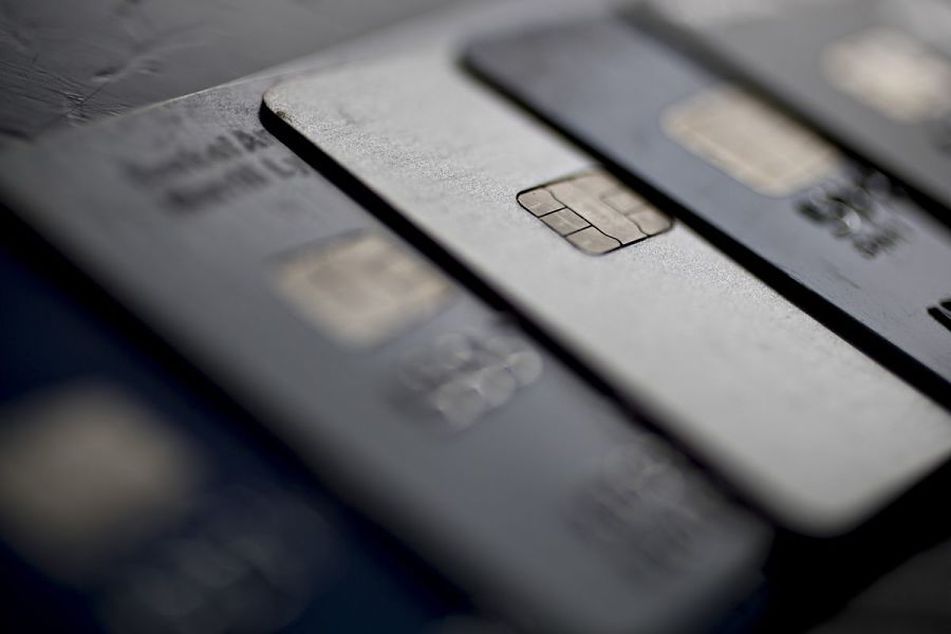Debit card to add ‘stock-back’ rewards

With a Stash card, buying something from Amazon or paying your Netflix bill will earn you fractions of shares of those companies' stocks.
If you’re looking for a new credit or debit card, you’ll quickly notice that there are a lot, and I mean a lot, to choose from. Uber Technologies will let you work toward free food deliveries; Amazon.com’s includes a gift card; Ikea’s looks as if it’s made of wood.
From the card operators’ perspective, you had better make sure you have a unique enough offering to stand out in a massive pool of options. The latest company to try is Stash Financial Inc. The personal finance and investing startup plans to announce on Tuesday a new “stock-back” feature on Stash debit cards.
The pitch: Next time you shop at Amazon, pay your Netflix Inc. bill or pick up groceries from Kroger Co., rather than earning cash back, you’ll earn fractions of shares of the companies’ stock. The rewards start at 0.125% of spending, less than some other cash-back credit cards, though the company said the rate could reach as much as 5% depending on deals and promotions. For purchases at, say, a local restaurant that doesn’t trade on the public markets, customers will earn shares in a related exchange-traded fund.
(More: Employees can now save in a 401(k) by using a credit card)
Stash also plans to announce that it has closed a new funding round of $65 million, much of which will go toward adding additional products like this card. The startup joins a growing number of fintechs that are dabbling in more bank-like services. In Stash’s case, it will partner with existing bank Green Dot Corp. The company hopes to generate a profit from transaction fees and driving people to its other investment products.
(More: Best and worst cities for money management)
Competition, of course, is fierce — and not just from the likes of PayPal Holdings Inc., Visa Inc. and American Express Co. This week, Goldman Sachs and Apple selected a payments processing firm to aid in their planned credit card partnership. Analysts’ tepid reaction to that pairing, despite the companies’ huge scale, may be an indication of how hotly contested this space has become.
“There’s nothing about what Apple is launching that makes it look like it will be particularly successful,” MoffettNathanson analyst Lisa Ellis told Bloomberg.
Ms. Ellis points out that when two large companies typically launch a co-branded card, it’s heavy on rewards. Apple isn’t known for discounts, so it’s hard to imagine what exactly is going to grab the attention of consumers, especially when adding a new credit card or closing a different credit card in order to get this one are all actions that impact a person’s credit score.
Stash will try to do a few things differently. For one, it’s pitching a debit card, so purchases are likely to be smaller and won’t impact users’ scores. And stock rewards, unlike airline miles, are less likely to induce additional shopping, the company points out. Stash’s idea — promoting financial restraint to boost spending on its cards — might be just backwards enough to get some attention.
(More: Rising rates sound alarm for debt-laden U.S. consumers)
Learn more about reprints and licensing for this article.








